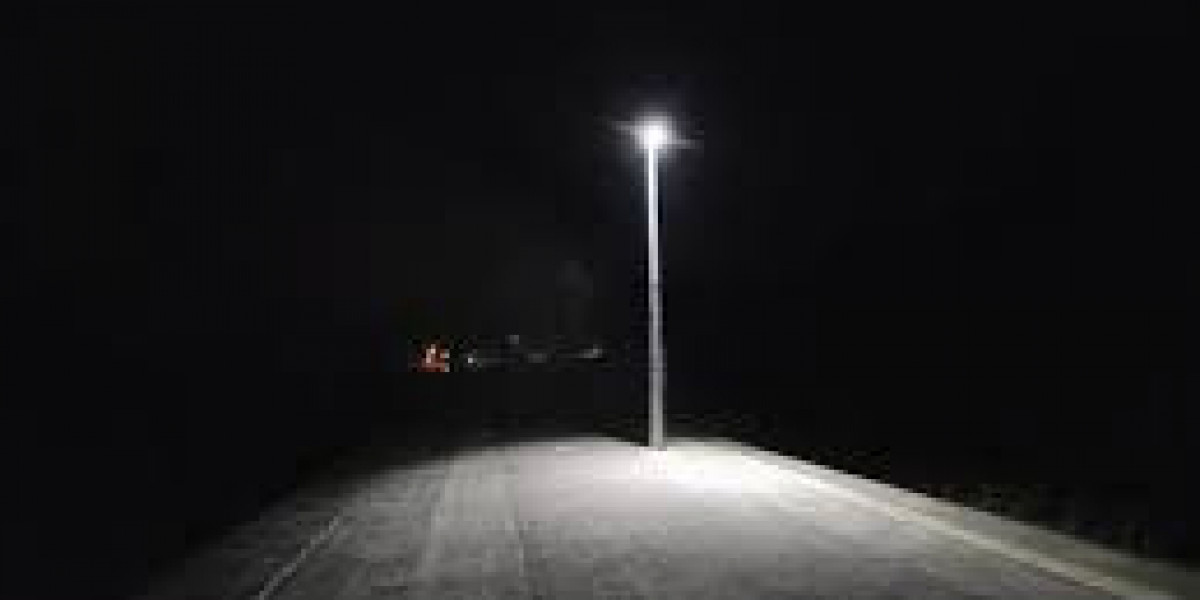Physics is called the science of understanding nature. From tiny atoms or even smaller subatomic particles to the vast universe—all are covered by physics. It does not end here. Waves (read, light) that we cannot see with the naked eye are also the subject of this branch of science. Physics has a direct or indirect role behind most of the advancements of human civilization. But how did this branch of science called physics develop? Who started this science? Who is its father?
physics
If you write these questions and search on Google, you will get at least three names. Italian physicist Galileo Galilei (1564-1642), British physicist Isaac Newton (1642-1727) and German physicist Albert Einstein (1889-1955). Although they are not the same people, but the recognition of the father of physics has been given to them.
But to talk about the beginnings of physics or science as a whole, we have to go back much further. Since the dawn of civilization, people have gradually started asking questions. Looking up at the sky, looking for their position in the universe. He wants to know what the nature of this universe is. Through such questions, it can be said, the science of that time was gradually formed.
Although it cannot be called science. At that time it was called Natural Philosophy or Natural Philosophy. At the same time, the technology also started to improve - as we can see in the cave paintings. We see people inventing spears or various tools for hunting, inventing important tools of civilization like fire or the wheel. As a result, Galileo, Newton or Einstein cannot be directly called the father of physics.
Rather, as a natural philosopher, in the history of science, Aristotle can be called the world's first scientist. Who has contributed to various branches of science including chemistry, physics, biology. However, the transition from natural philosophy to science had not yet come. When did this time come? We go a little further to understand that.
History shows that Galileo Galilei was the first to devote himself to structured or experimental scientific research in the wake of the Dark Ages in Europe. Needless to say, many people like Aristotle worked on science before him. At this stage, it should be said that while the dark age of science is going on in Europe, the practice of science is emerging in Arabia. Notable among these is Alhazen (his full name is Abu Al Hasan Ibn Al Haytham. But in Europe he is known as Alhazen. We will come to his words a little later).
These scientists or natural philosophers used to see and observe various phenomena of nature. With the help of thought, he tried to match the rhythm of events by analyzing them, looking for their meaning. Then he reached a conclusion. But Galileo broke out of this circle and began experimenting with hands.
He used to make a decision only after testing with his own hands. If the results of the test did not match with the observations, he would check the observations and his own assumptions again. Then he would come to a decision. This is the essence of the scientific method—conclusions or explanations drawn from observations must be matched with experiments. If it doesn't match, it should be discarded and re-examined to determine what the explanation really is. As such, Galileo should be called the father of experimental physics.
Galileo did extensive research on the motion of objects. He was the first to prove that objects falling smoothly from the same height travel equal distances in a given time. He is said to have climbed a leaning tower in Pisa, Italy and dropped a feather and coin to perform the experiment by hand. However, the test results were not as expected due to wind resistance. Many others say that Galileo did not really do this experiment.
It is a legend. But he is known to have done an almost similar test. Beyond dynamics, he made significant contributions to observational astronomy. He discovered Jupiter and its four satellites from Earth with his own telescope. These are now known as the Galilean or Galileo moons.
Then naturally came the words of Isaac Newton. He is the son of physics. It can be said that Newton single-handedly built the entire foundation of classical physics. Man has gone to the moon using the explanation he gave about gravity while sitting on earth. Apart from this, his works on optics are equally relevant today.
His Philosophia Naturalis Principia Mathematica is considered one of the most important works in the history of science. (Note here, Newton also refers to the book as Natural Philosophy, that is, natural philosophy.) In addition, Gottfried William Leibniz and he separately invented calculus at the same time. This calculus is used as the language of physics, or rather as the linguistic foundation. In other words, his contributions to physics as a whole are many. So historians did not hesitate to call Newton the father of physics.
It is reasonable to call Albert Einstein the father of modern physics rather than the father of physics itself. This scientist of the 20th century questioned the trend of several hundred years of conventional physics. Gravitation explained in a completely new way. Simply put, by imagining the entire universe as a sheet of space-time, he shows that gravity is essentially nothing more than the curvature of this sheet.
Also show by calculation that no object in the universe can travel faster than light. By establishing the relationship between the mass and energy of the universe, he opened new horizons in physics. Not only that, his discovery of light-electricity changed the world of technology. His contribution to physics is so great that everyone accepts him as the father of modern physics.
Almost all of today's technology—modern telescopes, spacecraft, or GPS or even your cell phone—has a direct or indirect contribution to his invention. The door of nuclear power or nuclear bomb - i.e. nuclear energy - was also opened by his hand.
From this we get an outline of the evolution of physics. But the real question has not yet been asked. What does the father of a branch actually mean? Did the father of physics create the first physics? Did anyone practice physics before that?
As we have already said, neither physics nor natural philosophy has a true father. Because people have been practicing science for a long time. As I said, Arab scientists did extensive research on science during the European Dark Ages. It can be said that they took forward the practice of science at that time.
At that time, the Iraqi physicist and astronomer Al Hasan Ibn Al Haitham (965-1040)—also known as Alhazen—first said, 'We only see objects when the light reflected from them falls into our eyes. His contribution to the physics of light is so great that he is called the father of light physics.



















































